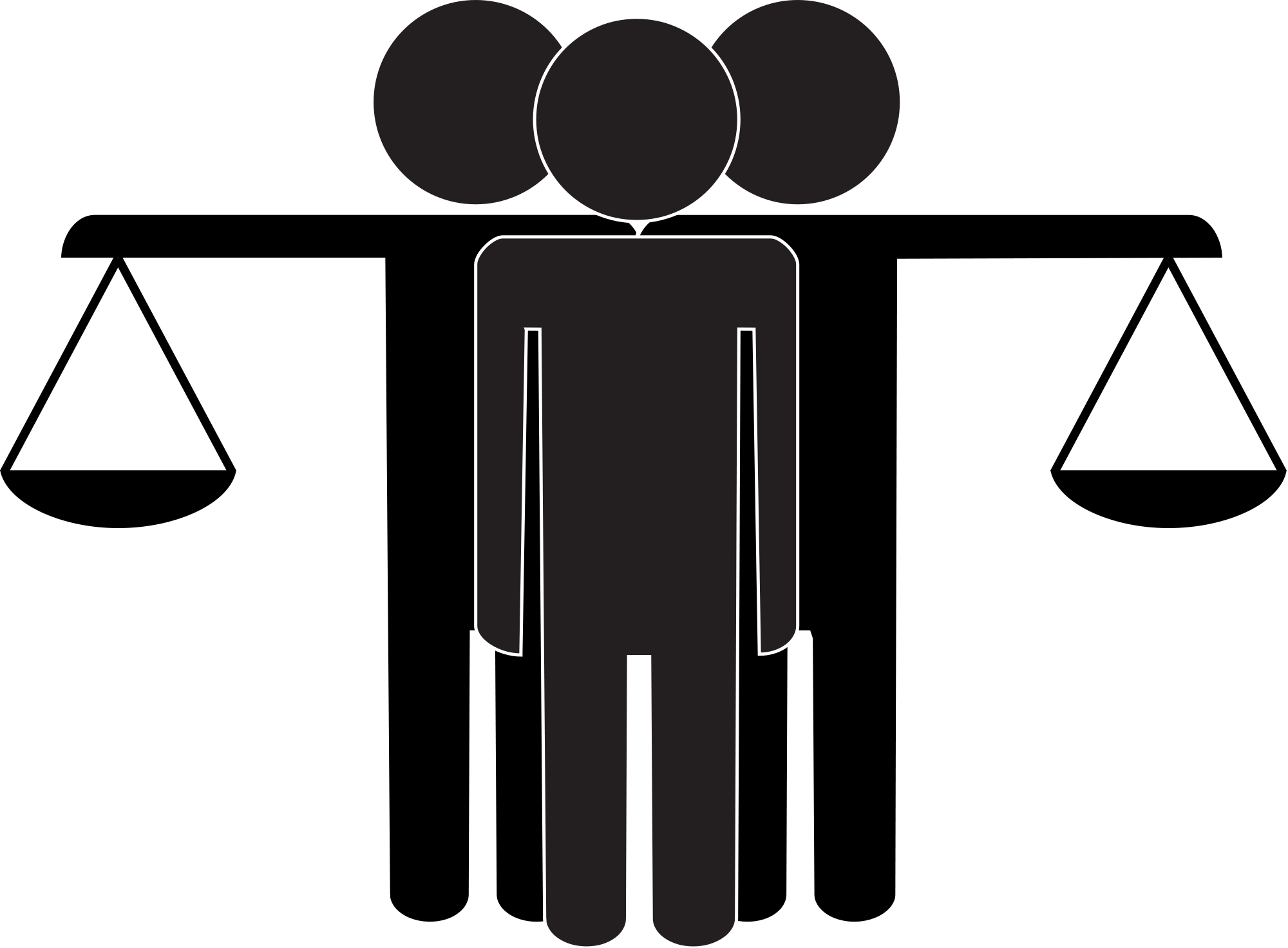8 FAQs Answered about Divorce in Spain:
1.What are the Requirements?
You just need to make sure that:
– You have been married for at least 3 months
– You have lived in Spain for more than 6 months before the separation. You must provide the evidence for this, like your town hall registration (empadronamiento)
– One of the two members of the couple is a Spanish national or Spanish resident
– Other citizens can also divorce as long as the last marital home has been established in Spain
2. How many types of divorce are known?
Both of the spouses may request divorce proceedings together, in which case it is known as a divorce by mutual accord. Alternatively, one of the spouses alone may request a dissolution of the marriage, in which case it is known as a contentious divorce. The main difference here is one of expense and time.
3. Is adultery a cause for divorce in Spain? 
No, in Spain adultery is not a cause for divorce. In fact, in Spain divorce is no-fault.
4. Is there such a thing as a “quickie” divorce in Spain?
In reality, experts say a divorce takes at least four to six months (it varies depending on the court) to conclude and it can be even longer if the parties have children in common, since the terms of the agreement need to be approved by the prosecutor.
5. Can getting divorced in Spain benefit the financially dependent party?
Yes, getting divorced in Spain can benefit the financially dependent party. It is possible to obtain economic compensation to solve an economic imbalance or simply to remunerate the time devoted exclusively to home or child care.
6. How does the division of matrimonial assets work in Spain?
There is no formula for working out how assets are divided. The Spanish courts offer some principles so that lawyers can give clients a rough idea of the likely settlement size in any particular case, taking into account the couple’s financial circumstances.
7. What are the documents to be submitted?
The list of required documents is also really short.
1. First of all, you’ll need to provide your marriage certificate.
2. If you have kids, their birth certificate.
3. When it comes to financial disclosure, both parties must submit their income tax declaration for the past 3 years and their payslips.
4. Finally, you will also need to make a list of all your assets, annual mortgages, debts, and your children’s annual expenses.
All this information will be considered by the judge and used for the final legal consequences that will affect both parties. Bear in mind that all documents must be legalized and translated into Spanish by a sworn translation!
8. Is a divorce processed in any other country recognized in Spain?
If you have divorced in another country, and plan to remarry in your new country of residence, you will need to have that divorce recognised (Exequatur Procedure) and inscribed in the civil registry of your new country of residence. If the divorce took place in an EU state, a simple process is followed, however in the case of divorces outside the EU, a more complex process is required.
It is possible that one member of the couple goes back to his or her country, and also asks for a divorce petition there (after the spouse in Spain has done the same here). Which country will officially manage the process? The answer is simple: the court that first received the demand.
The first step in the divorce process, way before making any decision, is to get the assistance of a lawyer in order to discuss your situation and see what options you have available!
If at any point you feel the need to speak to a professional, just contact Marin& Pasalodos office, Barcelona lawyers: we will answer your questions.
You can reach us at the phone number (0034) 932006766, or by e-mailing us at secretaria@marinpasalodos.com
Thank you for trusting in us!
Leave A Comment
You must be logged in to post a comment.